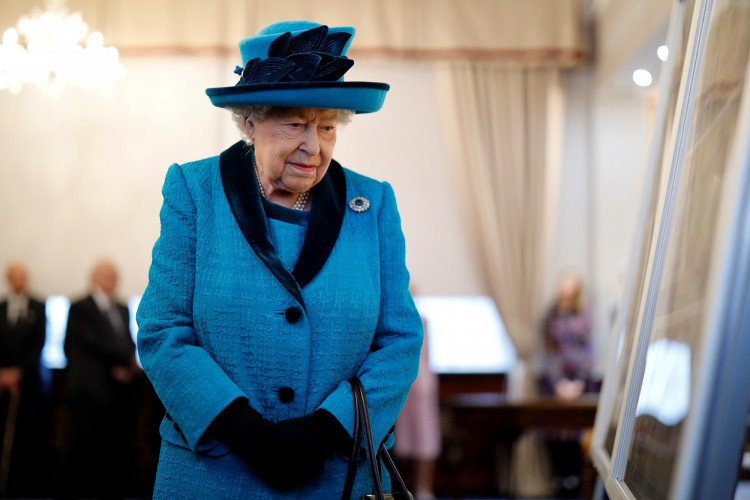As the Queen of the United Kingdom and other Commonwealth realms, Queen Elizabeth II has to remain neutral when it comes to politics. However, she recently found herself in the middle of a controversy when Prime Minster Boris Johnson dragged her name into the dirty world of it. Although the monarch has to stay unbiased about it, what does she think of the British politics in general?
A former member of Her Majesty's Privy Council, Sir Godfrey Agnew, revealed the Queen saw British politics "under a rather gloomy light," per Express. She perceived there was only a very little difference between parties and politicians.
In Karen Dolby's Queen Elizabeth II's Guide to Life, Agnew explained that Queen Elizabeth viewed politicians and different parties in the same social category. "The Queen doesn't make distinctions between politicians of different parties. They all roughly belong to the same social category in her view," he said.
The Privy Council is the Sovereign's formal body of advisers. Her Royal Highness is not allowed to vote so that she cannot take any politicians' side. The same thing is expected by those in line of succession to maintain the monarchy politically neutral.
Queen Elizabeth plays major ceremonial and formal roles to the U.K Government and its Parliament. Some of her duties are to open each session of the Parliament, grant royal assent to legislation, and approve orders and proclamations through the Privy Council.
She also gives weekly audiences to the Prime Minister. She, too, meets the ministers of the Cabinet for consultation and to give them warnings and encouragement. However, her being neutral about politics doesn't save her from criticisms after she agreed to Boris Johnson's request to suspend the Parliament.
The leader of the Conservative Party asked Queen Elizabeth to suspend the Parliament for a month, to which she agreed. According to NBC News, the longest-serving living monarch had no choice but to concur to "prorogue," which was the formal name for the discontinued session, the legislative body of government.
The sovereign's decision led to an "unprecedented constitutional crisis" that threatened the values of the monarchy. However, Boris Johnson explained that he only requested because the current parliamentary term "gone too long." Hence, he wanted to launch a "bold and ambitious domestic legislative agenda."
Only a few people were convinced of his reasons, as most believed that he only wanted to make sure that the lawmakers wouldn't return for the summer recess with enough time to stop his plans for Brexit. Some suspected that he wanted to provoke the legislators to launch a general election, which he would fight as the Brexit's populist champion.






